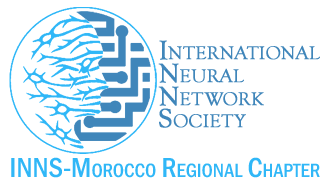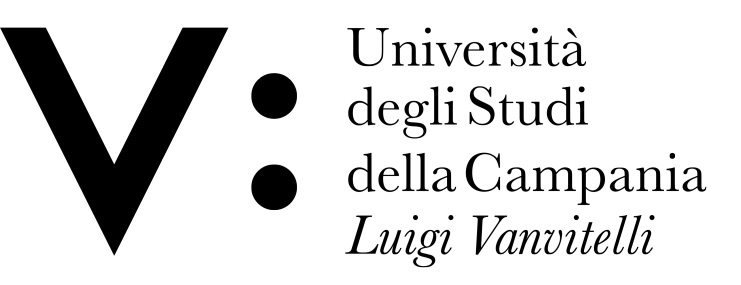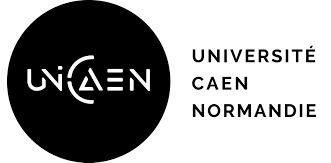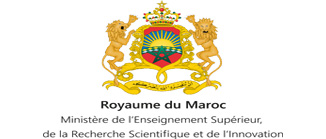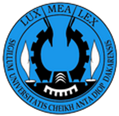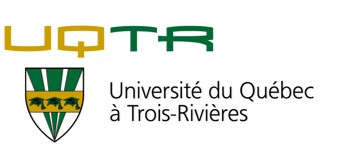
Keynote Title: Intelligent Control and Optimization of Smart Vehicle Systems with High ComplexityAbstract: Complex systems, like next-generation vehicles, face numerous challenges that need to be addressed such as, dynamic uncertainties, varying operating conditions, severe nonlinearities, aging and degradation, and external disturbances. Several modeling/control and optimization techniques depend heavily on a precise model to provide satisfactory performance, which is a difficult undertaking for such complex systems due to numerous unpredictable factors. Intelligent techniques make use of engineering, mathematics, physics and data science to capture the behavior of these multiplex systems. This seminar discusses a variety of complex vehicle systems with their design, modeling, control, and optimization challenges. Next, artificial intelligence is introduced as an enabling technology to cope with various uncertainties of higher magnitudes for future smart vehicle systems. Biography: Hicham Chaoui holds bachelor, master, and Ph.D. degrees in electrical engineering. He also received a second master’s degree in computer science and a PMI accredited graduate degree in project management. His career has spanned both academia and industry. From 2007 to 2014, he held various engineering and management positions in the Canadian industry. He is currently an Associate Professor at Texas Tech University, Lubbock, TX, USA. He is also with Carleton University, Ottawa, ON, Canada. His research interests include adaptive and intelligent control theory, artificial intelligence, machine learning, diagnosis/prognosis, energy/health-conscious autonomous systems, electric transportation, grid integration, to name a few. His scholarly work has resulted in 200 journal and conference publications with more than 4000 citations. Dr. Chaoui is a senior member of IEEE and a registered professional engineer in the province of Ontario, Canada. He is also an Associate Editor of IEEE Transactions on Vehicular Technology, IEEE Transactions on Automation Science and Engineering, IEEE Transactions on Power Electronics, and several other journals. Dr. Chaoui is a recipient of the Best Thesis Award and the Governor General of Canada Gold Medal Award. He is also a recipient of the FED Research Excellence Award, the Top Editor Recognition from IEEE Vehicular Technology Society, and the Early Researcher Award from the government of Ontario. |
|
Keynote Title: How AI and Machine Learning are shaping the future of Online Social Networks?Abstract: Nowadays, Online Social Networks became platforms for exchanging information at a large scale engaging billions of users in a continuous interaction process. Consequently, we have gathered an infinite amount of valuable data about the users, their preferences, their thoughts, etc. This Big data is a mine of information for companies. Integrating Artificial Intelligence (AI) and Machine Learning (ML) techniques within these platforms became essential to analyze this huge amount of data for distinct purposes. For example, knowing the user preferences enables recommender systems to be more personalized; and knowing the political thoughts of users as long as their influence in their social networks will help in developing efficient and targeted political campaigns. In addition, social platforms automatically analyze new content and classify it as offensive or not either be it a text (for example analyzed through Facebook’s AI algorithm DeepText) or an image/video (for example a face recognized by Facebook’s AI algorithm DeepFace). In this talk, we will give a major outline of the main AI and ML models used in social media to analyze the social data content in an efficient and targeted way. We will also outline how AI will continue to shape these OSN in the future, as they will become “search platforms” assisted by ChatbBots; and what are the main concerns that are to be taken seriously as data privacy, psychological safety, etc. Generative AI will assist users to generate and post content that is suited to the character and temperament of the targeted audience, which will give OSN more power and more influence. We will argue about the fact how OSN are becoming a battlefield to shape societies. Biography:
Lotfi Ben Romdhane is a Professor in computer science with a major specialization in Artificial Intelligence and Social Networks Analysis. He is currently affiliated with the University of Sousse, Tunisia. He is co-founder of and is actually heading MARS (Modeling of Automated Reasoning Systems) research lab specialized in the design and analysis of complex systems. His research activities span the general area of intelligent systems and are focusing actually on social networks analysis, influence maximization, information diffusion and community detection in social graphs. His work has been published in well-known specialized international journals and conferences.
Pr. Lotfi obtained the Ph.D. degree from the University of Sherbrooke, QC, Canada with excellent honors; and have been added to the Honor list of the University of Sherbrooke for excellence in research. He has been awarded the CIDA Doctoral fellowship. He is currently member of the Senate of the Euro-Mediterranean University (EMUNI).
|
|
Keynote Title: From connectionist parallelism to a distributed computing practiceAbstract: Many studies focus on artificial neural networks applied to highly constrained systems (ambulatory systems, autonomous systems, adaptive systems, etc.), for which the elementary and massively distributed nature of neural calculations is an asset. More broadly, this character defines the very nature of connectionist calculations: a computing power and robustness based on a massive parallelism with very fine grain where the computing units fit into a very dense information flow. It is therefore essential to be able to fully exploit this parallelism connectionist, both in terms of potential computing and in terms of the prospects of effective embedded implementations. The main objective of this intervention is to defend this form of distributed computing as a real computational practice constituting a viable alternative to more classical models, mainly from a sequential, procedural, algorithmic approach. The term "computational practice" covers in this intervention an approach that aims to be equally shared by all aspects of the calculation, from the theoretical conception of the models to their implementation. Such an approach asserts the interdependence of all these steps, as opposed to a more usual approach of always dealing with the theoretical aspects upstream of applications and then implementations. The implications of this approach will be illustrated through a number of applications. These applications will thus show the mutual influence of the theoretical aspects of connectionism and the requirements related to the problem of a truly distributed implementation, an unavoidable step for models that want to constitute what has been previously called "computational practice". An aspect common to all these works emerges to constitute the central affirmation of my research: while the connectionist models are made up of numerous computing units, their power resides above all in the flow of information exchanged by these computing units, and the perspective that these models constitute a practice of distributed computation essentially passes by a research on the local management of this massively distributed flow. Biography: Prof. Mohammed MESTARI is Co-founder of the International Neural Network Society Morocco Chapter (INNS Morocco Chapter) and Co-founder of the IEEE Computational Intelligence Morocco Chapter. His current research interests include neural networks for image classification, data-driven approach, neural networks hardware implementation, high-speed and/or low-power techniques and systems for neural networks, and theoretical issues directly related to hardware implementation of techniques based on the principle of decomposition coordination for optimal control and trajectory planning for an Unmanned Aerial Vehicle (UAV) and a robot. |








